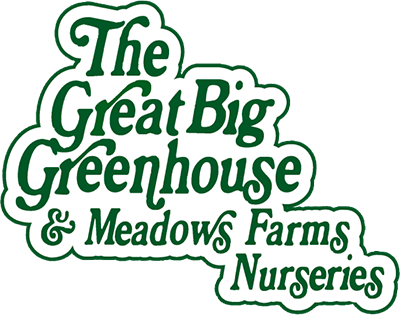Why I Love Herbs
I love herbs! I love the fact that deer and rabbits are put off by their strong scents. This means I can tuck a few in my flower or vegetable gardens and let them go to work by emitting their fragrances and deterring some critter damage. So, I use herbs a lot. I’ve also learned a lot about herbs over the years.
Did you know?
- Many herbs have long-standing symbolic value. In ancient Rome, wreaths made of bay leaves were used as symbols of victory and peace. Ancient Greeks believed that Aphrodite created oregano as a symbol of happiness!
- The herb Thyme gets its name from the Greek word for bravery.
- Dill was once mixed into love potions in the Middle Ages because it was believed to be an aphrodisiac.
I know that basil and oregano are magic in my spaghetti sauce, and dill is magic when added to almost anything!
7 Things to Know About Herbs
So here are seven things to know about herbs:
- Plant fennel by itself. Fennel creates a chemical in the soil called juglone, which can interfere with the development of other plants around it.
- Plant mint, lemon balm, and other mint family members by themselves. They are VERY aggressive spreaders! Anyone who has ever had mint take over their backyard knows this. If you plant them in the ground, they can escape you and become a pest. I grow mine in pots and cut the flowers before they go to seed. And, yes, I learned this one the hard way. I LOVE lemon balm because it contains citronella and can help repel mosquitoes, but I accidentally let it go to seed one year, and now I’m still pulling it out from between the slats in my deck!
- Basil, cilantro, dill, and marjoram are annuals. That means they produce well in one season but do not survive the winter.
- Parsley is a biennial. It grows well the first year, but in the second year, it grows for a month or two, then bolts (goes to seed) and dies.
- Rosemary and lavender are perennials, but only certain varieties can you count on to make it over the winter. The varieties of rosemary called “Arp” and “Hill Hardy” are the hardiest. For lavender, you can’t beat Munstead, Hidcote, and Phenomenal.
- Sage, rosemary, thyme, and lavender can be planted together because they have similar requirements—lots of sun and to dry out partially.
- Parsley, chives, mint, and lemon balm do well in part-shade.
Spice Up Your Life!
So plant herbs and enjoy! Spice up your dishes, spice up your life!

